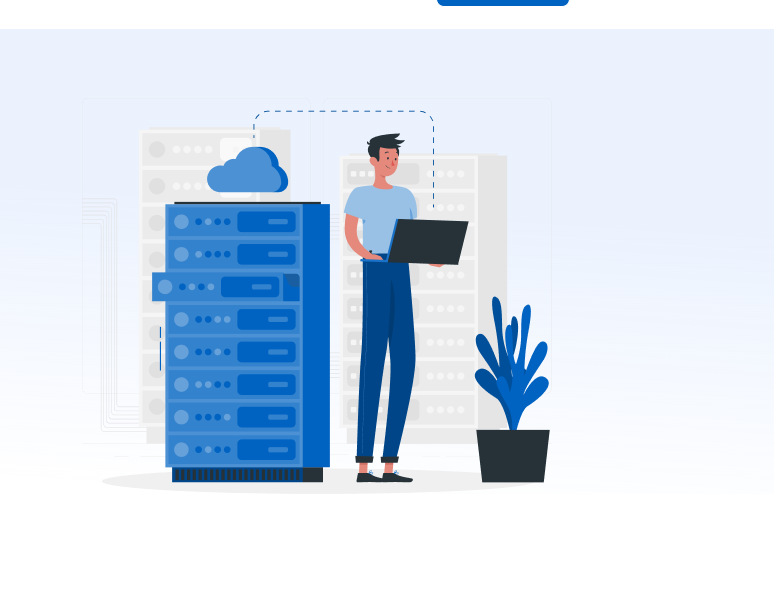Maximizing Your Potential: Becoming a Proficient MySQL Developer

In today's digital age, mastering MySQL development opens up a plethora of opportunities in the realm of database management and backend development. As businesses continue to embrace digital transformation, the demand for skilled MySQL developers is soaring. Whether you're an aspiring programmer looking to kickstart your career or an experienced developer seeking to enhance your skill set, becoming proficient in MySQL can significantly elevate your professional prospects.
Understanding the Significance of MySQL
MySQL is an open-source relational database management system (RDBMS) that is widely used for building robust and scalable web applications. It boasts an impressive array of features, including high performance, reliability, ease of use, and strong community support. From small startups to multinational corporations, organizations across industries rely on MySQL to store, manage, and retrieve their data efficiently.
Mastering the Fundamentals
To excel as a MySQL developer, it's essential to have a solid grasp of the fundamental concepts and principles underlying relational databases. This includes understanding how data is organized into tables, establishing relationships between different tables using keys, and writing efficient SQL queries to manipulate data. Additionally, familiarity with indexing, normalization, and optimization techniques is crucial for building high-performance database applications.
Enhancing Your SQL Skills
At the core of MySQL development lies Structured Query Language (SQL), the language used to interact with databases. As a MySQL developer, honing your SQL skills is paramount. This involves mastering various SQL commands for querying, inserting, updating, and deleting data, as well as leveraging advanced SQL features such as joins, subqueries, and stored procedures to perform complex operations on the database.
Leveraging Advanced Features
Beyond the basics, proficient MySQL developers leverage advanced features and techniques to maximize the efficiency and scalability of their database applications. This includes utilizing stored procedures, triggers, and views to encapsulate business logic within the database, implementing transactions to ensure data integrity and consistency, and employing techniques such as partitioning and replication for scaling out and enhancing fault tolerance.
Embracing Best Practices
In the ever-evolving landscape of software development, adhering to best practices is key to writing maintainable, scalable, and secure MySQL applications. This encompasses following coding conventions for consistency and readability, adopting a modular and decoupled architecture to promote code reusability and extensibility, implementing robust error handling and logging mechanisms to facilitate troubleshooting, and incorporating security measures such as parameterized queries and encryption to protect against SQL injection and other vulnerabilities.
Continuous Learning and Growth
As technology continues to advance at a rapid pace, staying abreast of the latest developments and trends in MySQL and database management is essential for MySQL developers. Engaging in continuous learning through online courses, workshops, and community forums, participating in hackathons and coding competitions, and collaborating with peers on open-source projects are invaluable ways to expand your knowledge, sharpen your skills, and network with like-minded professionals in the field.
Conclusion
Becoming a proficient MySQL developer is a journey that requires dedication, perseverance, and a commitment to lifelong learning. By mastering the fundamentals, honing your SQL skills, leveraging advanced features, embracing best practices, and staying abreast of the latest developments, you can unlock a world of opportunities in database management and backend development. Whether you're building dynamic web applications, managing vast amounts of data, or optimizing system performance, MySQL proficiency is a valuable asset that can propel your career to new heights.
- Whats New
- Shopping
- Wellness
- Sports
- Theater
- Religion
- Party
- Networking
- Music
- Literature
- Art
- Health
- Games
- Food
- Drinks
- Fitness
- Gardening
- Dance
- Causes
- Film
- Crafts
- Other/General
- Cricket
- Grooming
- Technology

